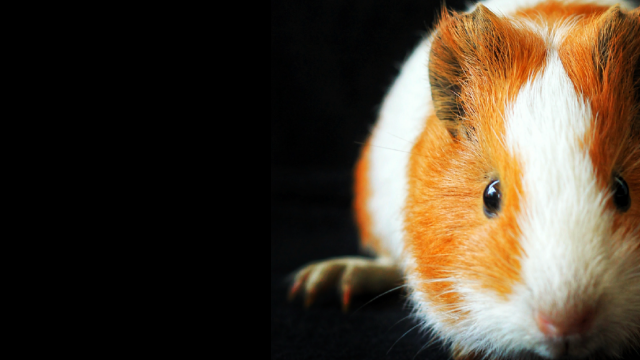Animals continue to suffer in painful and outdated tests despite availability of humane alternatives.
We are calling on the US Food and Drug Administration to Make Alternatives a Priority, by eliminating requirements for outdated and unreliable animal tests, updating its regulations to make clear that modern alternatives to animal tests can and must be used.
Our Make Alternatives a Priority (MAP) campaign builds on our long history of working to change regulatory testing policies and advance humane science and on our unique global approach.
Our polling shows that 88% of Americans would support the creation of a federal law requiring scientists to use non-animal methods where they are available. Sadly, no such law exists to date. What’s more, outdated FDA regulations might mean that companies in the US have to conduct cruel and pointless animal tests where they already have non-animal methods in place. In contrast, the European Union requires that, if available, scientifically satisfactory non-animal tests must be used before resorting to animal tests.
SAVING ANIMALS AND PROTECTING PEOPLE
According to the US National Academy of Sciences, increased use of non-animal test methods may lead to safer and more effective drugs, and the US National Institutes of Health state, “Approximately 30 percent of promising medications have failed in human clinical trials because they are found to be toxic despite promising preclinical studies in animal models. About 60 percent of candidate drugs fail due to lack of efficacy.”
Advances in science and technology have provided a variety of animal-free methods that promise to deliver safer and more effective medicines, more quickly and at less cost. These methods focus on human biology and use advanced cell-based and computational technologies to investigate disease and potential treatments. Because they do not use animals, they avoid the problematic animal to human extrapolations.
By Making Alternatives a Priority, the FDA can ensure that cutting-edge technologies that can replace animal tests and better predict human response are accepted and used whenever available, delivering safer, more effective medicines more quickly and at less cost, saving both human and animal lives.
WHAT WE ARE DOING
We have called on the FDA to end second species toxicity testing requirements using our pioneering research demonstrating that using a second animal species in toxicity tests gives no additional insight into whether a new medicine is safe for humans.
We are calling on the FDA to update its regulations and guidance to make clear that drug sponsors can use scientifically valid non-animal approaches to demonstrate the safety and efficacy of a drug instead of animal tests.
We are calling on the FDA to mandate that non-animal methods be used to replace animal tests wherever possible and to keep updating this on a rolling basis. We have compiled a MAP List to highlight animal tests that could stop NOW in the US but are still being used despite the availability of scientifically valid non-animal methods.


